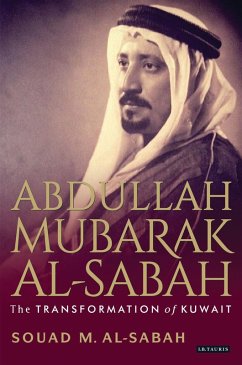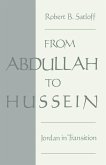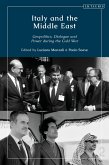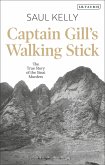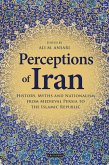Sheikh Mubarak was the founder of the modern state of Kuwait. But the man who actually led Kuwait to modernity was his son Abdullah Mubarak Al-Sabah, one of the most significant figures of Kuwait from the 1940s to Kuwaiti independence in 1961. Largely responsible for the creation of the Kuwaiti defence forces, Abdullah Mubarak Al-Sabah made a point of prioritising what he saw to be Kuwait's national interests in the face of British, American and Iranian pressures during a crucial period of change. He developed carefully crafted, cautious relations with foreign oil companies and secured Kuwait's economic standing through his driven and single-minded policies. The author here presents this part-biography, part-history of modern Kuwait, with fresh new research and insights.
From America's drive to build stronger connections in the region in the 1950s, when both the Cold War and Arab nationalisms were in full play, to sensitive diplomatic issues such as water, border disputes and difficult interactions with Iraq, especially following the 1958 revolution of Abd al-Karim Qasim, the author examines Kuwait's relations with its neighbours and the West, and the role played by this pivotal figure in the country's history and development. This book makes a significant contribution to understanding the complex politics of modern Kuwait and the recent history of the Gulf States.
From America's drive to build stronger connections in the region in the 1950s, when both the Cold War and Arab nationalisms were in full play, to sensitive diplomatic issues such as water, border disputes and difficult interactions with Iraq, especially following the 1958 revolution of Abd al-Karim Qasim, the author examines Kuwait's relations with its neighbours and the West, and the role played by this pivotal figure in the country's history and development. This book makes a significant contribution to understanding the complex politics of modern Kuwait and the recent history of the Gulf States.

